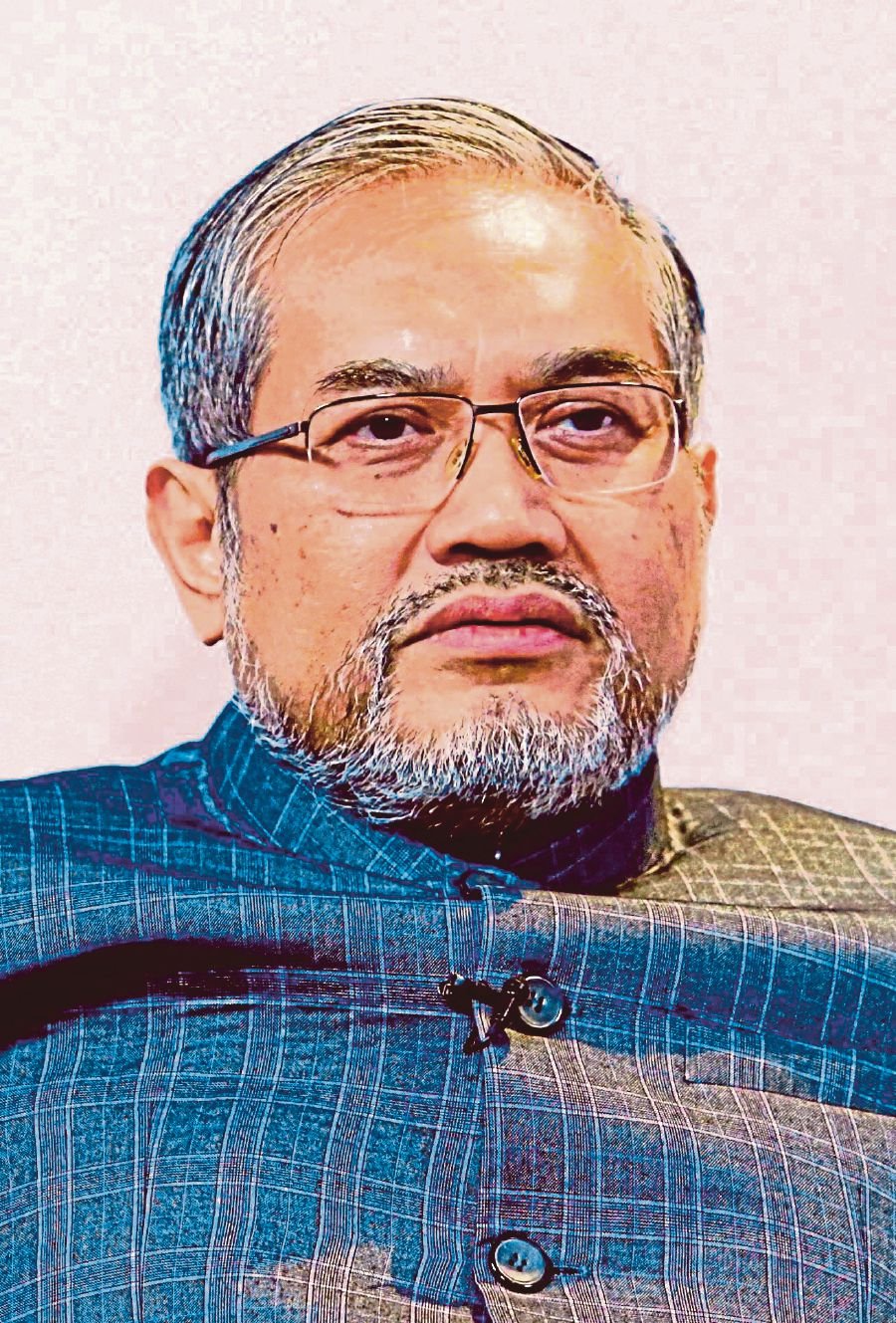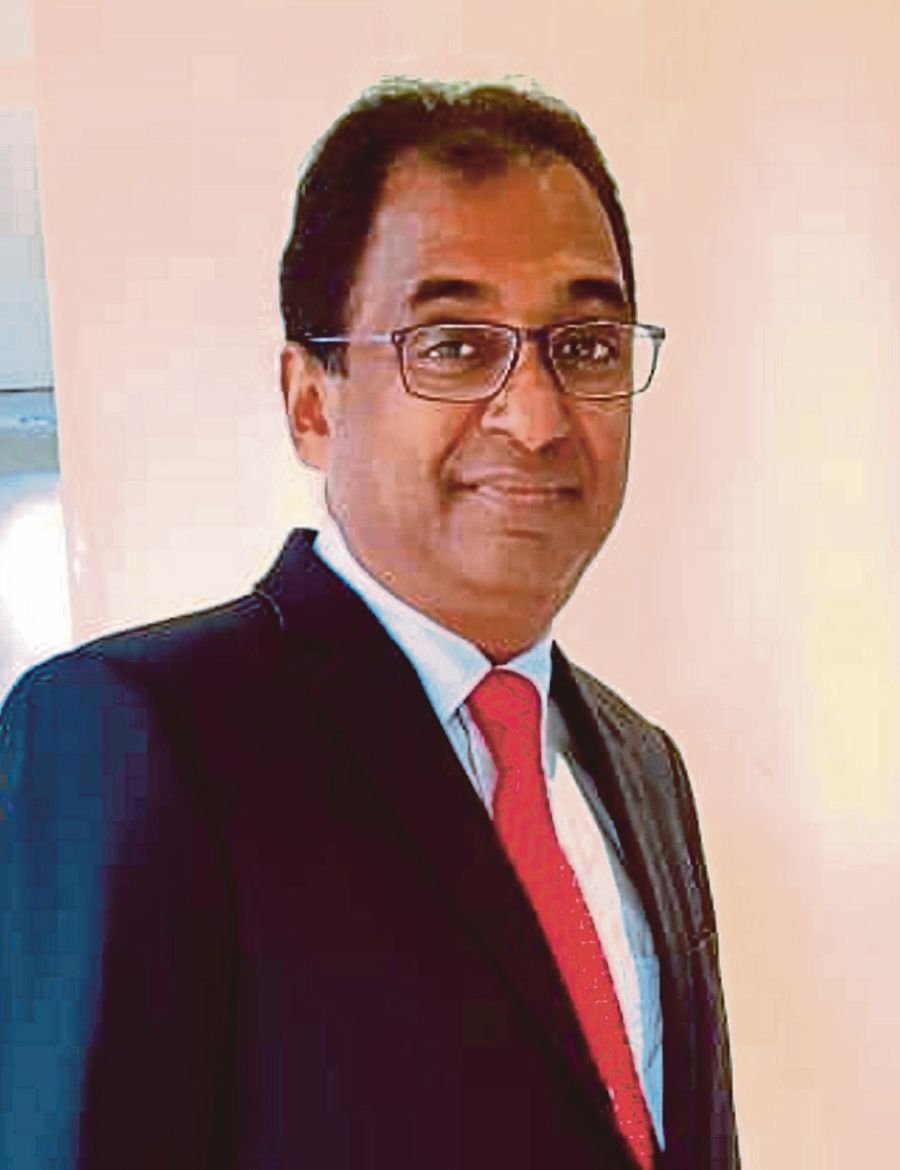
Although experts welcomed the RM32.41 billion allocated to the Health Ministry under the 2022 Budget, they said in the long term, it was not enough to cover the health issues that have been swept under the carpet for far too long.
They said four areas needed focus — sustainable healthcare financing, rise in lifestyle diseases, ageing population and rapidly spreading infectious diseases.
Epidemiologist Professor Datuk Dr Awang Bulgiba Awang Mahmud of Universiti Malaya said the 2022 Budget provided funding only for a year, so it was not possible to address issues Malaysia had been facing for 30 years.
In the short term, he said, the sponsorship programme for contract doctors' specialist training was a welcome move, but it was a stopgap measure and would need to be followed up with a more comprehensive plan as it required plenty of planning and refocusing.

"There's a slight increase of 1.5 per cent in the health budget compared with last year, where the allocated RM31.94 billion was higher than previous years simply because of the Covid-19 pandemic.
"This has increased to RM32.41 billion for 2022, but again, most of the increase has gone to managing the pandemic, like procurement of additional vaccine doses to be given as boosters, test kits, newer drugs like antivirals and PPE (personal protective equipment).
"As a percentage of GDP (gross domestic product), the allocation for health is still rather low compared with developed economies. Part of the issue is that Malaysia's healthcare financing is a long-standing problem and there appears to be no long-term plan to provide adequate and sustainable healthcare financing."
Dr Awang Bulgiba, who is the Science, Technology and Innovation Ministry's Covid-19 Epidemiological Analysis and Strategies Task Force chairman, said the government should focus on sustainable healthcare financing, tackling the inexorable rise in lifestyle diseases, ageing population and infectious diseases.
He said the country needed a sustainable healthcare financing scheme, which had been talked about for 20 years, but with no concrete plan.
"Healthcare financing is not sustainable now and is focused on the wrong aspects. Much of public healthcare financing is reactive and focused on curative services, while for private healthcare, expenditure is supply-driven.
"We need to do a cost-benefit analysis for the things we usually spend money on. We need to refocus and rebalance."
By 2030, he said, more than 10 per cent of Malaysia's population would be 60 years or older, but the country was unprepared, with no policies, plans and laws in place to deal with ageing, adding that emerging and reemerging diseases posed a major threat.
"Some of the global outbreaks in the past 20 years have directly and indirectly affected Malaysia, like Influenza A (H5N1) in 1997 and 2004-2005, Nipah virus in 1999, SARS (severe acute respiratory syndrome) in 2003-2004 and of course Covid-19 from December 2019 until now.
"The proposed Infectious Disease Institute is a good step forward, but if it is merely another institute with no real teeth or mandate and does not make use of expertise outside the Health Ministry, it will not achieve much."
He said the focus on Covid-19 in the past two years had affected many preventive programmes and the effects of this would likely be seen for several years.
Manipal University College Malaysia Community and Occupational Medicine Professor Dr G. Jayakumar said although the 2022 Budget allocation for health looked good, the 1.5 per cent increase was the lowest since the 2019 Budget.

"The ministry's developmental expenditure budget for 2022 is less than the allocation for 2021.
"The slight increase in the operating budget for 2022 is welcomed, but more efforts are needed for NCDs (non-communicable diseases) like diabetes, hypertension, cancer and heart disease, illnesses which have been kept on the backburner due to Covid-19."
Former Malaysian Medical Association president Professor Datuk Dr N.K.S. Tharmaseelan said the RM70 million allocation to address mental health issues was a step in the right direction as cases were rising, especially since the pandemic began.
He welcomed the increase in excise duty on chocolate or cocoa-based, malt, coffee and tea premixed sugary drink products.
"This is long overdue. Obesity is affecting more Malaysians annually and Malaysia has the largest number of obese people in Asia.
"The tax on liquid or gel products containing nicotine used for electronic cigarettes and vape is also more than justified.
"Caring for our health involves a large expenditure. At least 30 per cent of hospital admissions are due to NCDs, which are mostly avoidable by adopting healthy lifestyles," he told the New Straits Times.
Dr Tharmaseelan welcomed the move to outsource patients from government facilities to private hospitals to optimise healthcare capacity, adding that general practitioners (GPs), who are the gatekeepers of primary care, should also be included.
"GPs are there in every nook and corner of Malaysia. It will be speedier and more efficient to care for the people and deliver vaccination."
Geriatric care, he said, should be given due importance, especially for the elderly requiring aids in their daily life, such as for mobility, hearing and sight.
"Malaysian families are getting smaller, so we must provide quality care for them. People are living longer, thus elderly care is much needed.
"The government is moving in the right direction by including the cost for psychiatrists, clinical psychologists and registered counsellors.
"Tax relief should be expanded to include annual check-ups, including invasive tests and imagery.
"Outsourcing primary healthcare should be the long-term goal and the ministry should be tasked with improving and providing tertiary care." - NST


No comments:
Post a Comment
Note: Only a member of this blog may post a comment.